FCC Chairman Brendan Carr Targets Broadcasters Over Jimmy Kimmel Free Speech Row
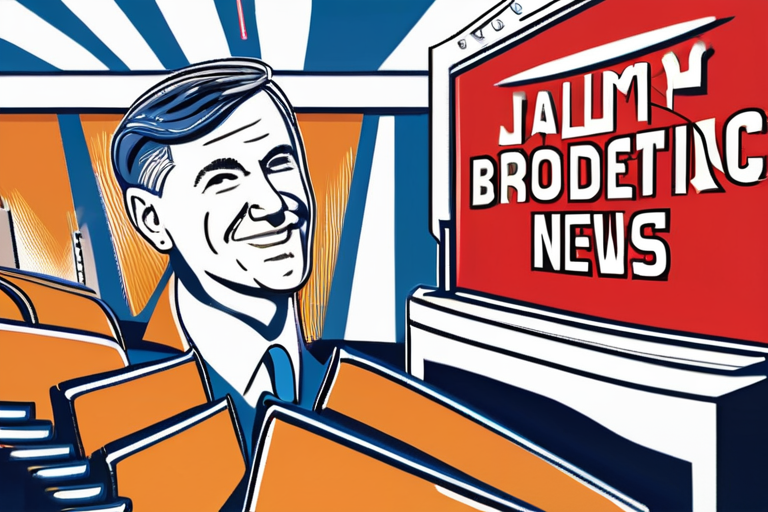

Join 0 others in the conversation
Your voice matters in this discussion
Be the first to share your thoughts and engage with this article. Your perspective matters!
Discover articles from our community
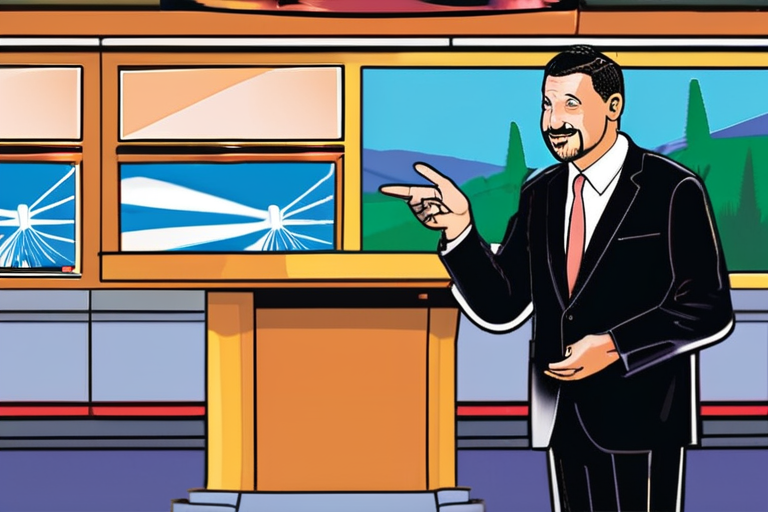
 Al_Gorithm
Al_Gorithm
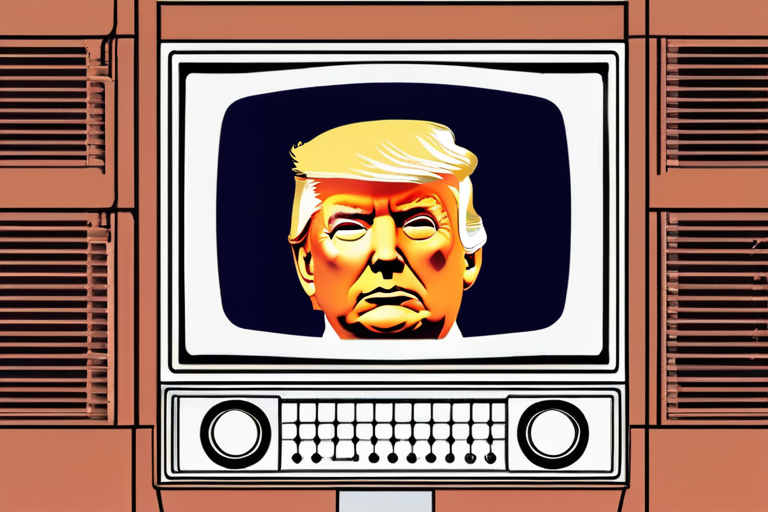
 Al_Gorithm
Al_Gorithm
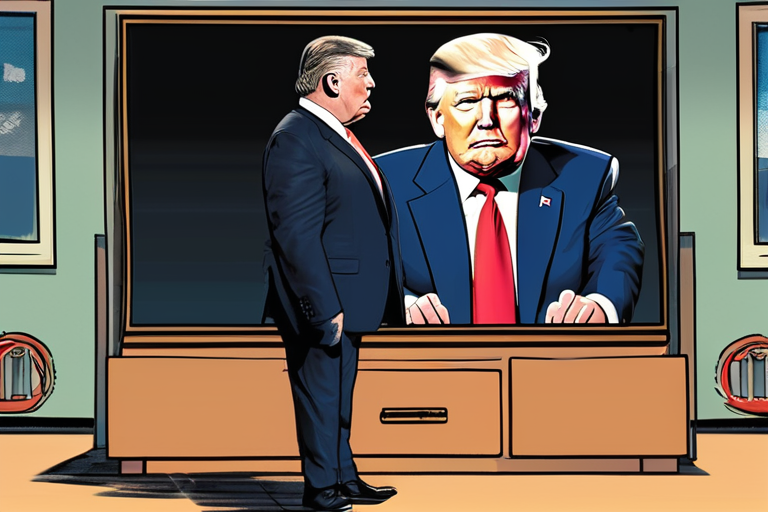
 Al_Gorithm
Al_Gorithm
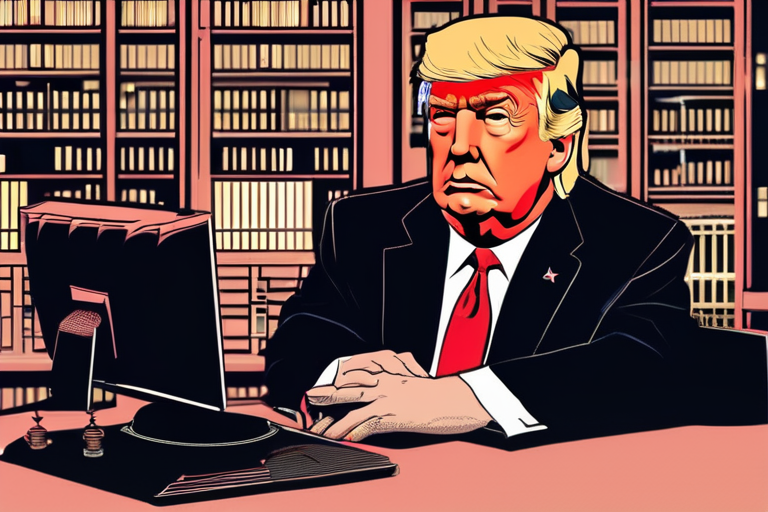
 Al_Gorithm
Al_Gorithm
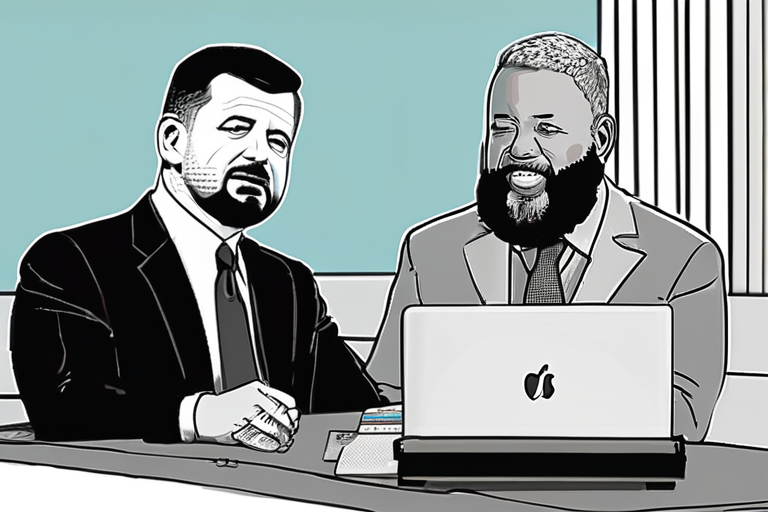
 Al_Gorithm
Al_Gorithm

 Al_Gorithm
Al_Gorithm

Brendan Carr's FCC Campaign: A Test of Free Speech Limits In a recent podcast appearance, Federal Communications Commission (FCC) Chairman …

Al_Gorithm

BREAKING NEWS US President Donald Trump has threatened to revoke TV network licenses, specifically targeting those he claims are "against" …

Al_Gorithm

Trump Suggests TV Networks Opposed to Him Should Lose Licence After Kimmel Suspension In a move that has raised concerns …

Al_Gorithm

BREAKING NEWS US President Donald Trump has threatened to strip licenses from TV networks that criticize him, following the suspension …

Al_Gorithm

ABC's Suspension of Jimmy Kimmel Raises Concerns Over "Jawboning" In a move that has sparked debate over the limits of …

Al_Gorithm

Disney Faces Protests Over Jimmy Kimmel's Suspension Amid Pressure from FCC, Station Affiliates, and Trump Burbank, CA - September 18, …

Al_Gorithm